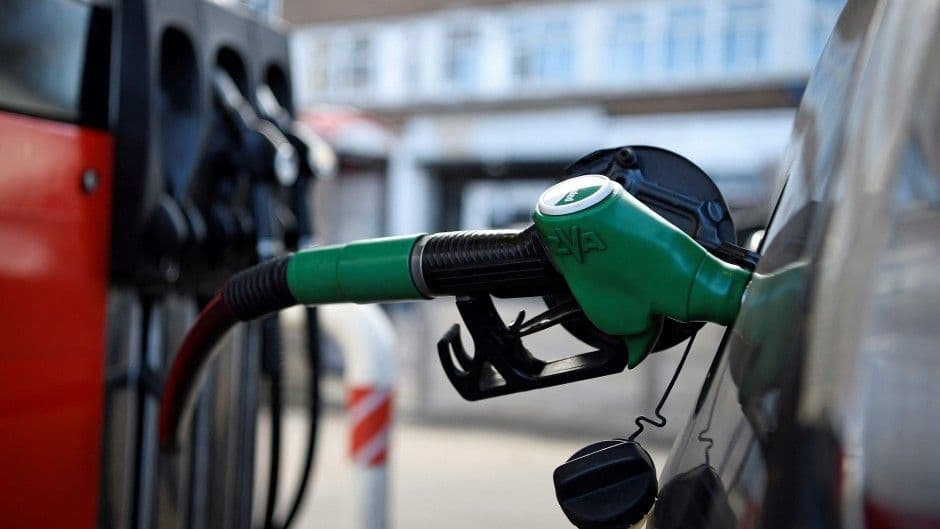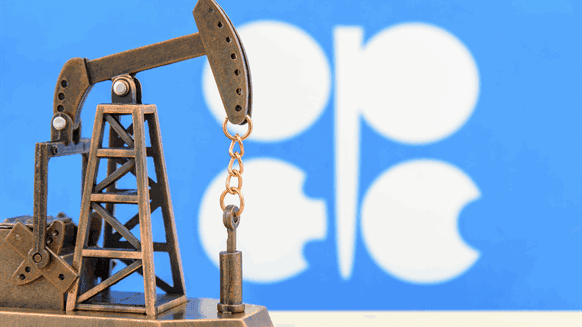The Silent Erosion: Why Ghanaians Aren't Fully Benefiting from Global Fuel Drops
Unpack Ghana's fuel price paradox: Why falling global crude prices and a stronger cedi aren't delivering full pump relief, as hidden levies silently erode consumer gains.
The Promise of Pump Price Relief: A Brief Respite
Ghana's economy often feels the immediate pulse of fuel price shifts, with every change sparking debates on transport fares and the cost of living. Early 2025 brought a welcome reprieve, as pump prices for petrol, diesel, and LPG began a notable descent, settling between GHȼ11 and GHȼ14 per litre at various retail outlets. This encouraging trend was largely a dual victory: the Ghanaian cedi showed remarkable strength, appreciating by approximately 30% against the dollar from late 2024 to mid-July 2025. This newfound stability, a stark contrast to the cedi's sharp depreciation in late 2022, was a major driver. Concurrently, global crude oil prices offered further relief, dropping by 10% in Q2 2025 and an impressive 16% year-on-year. Consequently, year-to-date declines at the pump were significant, with petrol down by 29.21%, diesel by 15.53%, and LPG by 18.72%. For a moment, it seemed Ghanaians might finally breathe easier, anticipating tangible benefits from these positive economic winds. However, this promising trajectory faced a swift challenge, first from geopolitical tensions in the Middle East, and then more directly, from a domestic policy shift that threatened to quickly erase the hard-won gains.
The Unseen Hand: Navigating Ghana's Complex Fuel Tax Labyrinth
Just as consumers began to feel the promised relief, a familiar challenge resurfaced: the persistent and often opaque burden of domestic fuel taxes. While global crude prices wavered due to conflicts and the cedi held its ground, the introduced a GHȼ1 per litre Energy Sector Shortfall and Debt Repayment Levy on July 16, 2025. This move immediately translated into higher pump prices, with major outlets like and adjusting upwards, effectively curtailing the recent declines. Energy think tanks, notably the , quickly highlighted the cumulative effect, estimating the total tax burden on petrol and diesel to be around 26.55%. This new levy, intended to raise approximately GHȼ5.7 billion annually for the power sector and debt clearance, falls far short of the estimated US$1.2 billion (GHȼ12.6 billion) needed for liquid fuels alone in 2025. This significant gap, coupled with a history of similar levies failing to clear mounting energy sector debts since the 2015 Energy Sector Levies Act, raises serious questions about the effectiveness and ultimate destination of these funds. Consumers are left wondering if they are simply paying more into an abyss, rather than contributing to a sustainable solution.
The Ripple Effect: From Commutes to Commodities
The immediate consequence of rising fuel prices, especially those driven by new levies, reverberates far beyond the petrol pump. In , fuel costs are a fundamental determinant of the cost of living, directly influencing transportation fares and, by extension, the prices of nearly every commodity. When fuel prices dropped earlier in the year, the commendably directed a 15% reduction in transport fares, offering a tangible benefit to commuters. However, the introduction of the GHȼ1 levy swiftly prompted concerns from the GPRTU, which is now closely monitoring the situation, ready to re-engage in fare adjustment negotiations if prices continue their upward climb. This dynamic illustrates a critical point: any erosion of fuel price relief quickly translates into increased operational costs for businesses and higher living expenses for households. The argument that fuel prices are 'relatively lower' than previous years often overlooks the cumulative tax burden and the pervasive inflationary pressures that have already significantly diminished household purchasing power. Without genuine, lasting stability at the pumps, the broader economy remains vulnerable to these cyclical shocks, undermining productivity and consumer confidence in the government's commitment to energy sector reforms.
Balancing the Books: Government's Fiscal Tightrope Walk
The government's decision to introduce, and then suspend, the Energy Sector Shortfall and Debt Repayment Levy underscores the immense fiscal pressures it faces, particularly within the energy sector. has openly acknowledged the sector's staggering legacy debts, exceeding US$1.5 billion annually. From this perspective, new levies are presented as necessary measures to shore up public finances and address these critical shortfalls, especially for purchasing liquid fuels for thermal power generation. However, the public's weary response to yet another fuel levy highlights a growing distrust. Past initiatives, despite their stated aims of clearing energy sector debts, have seemingly fallen short, with the debt stock continuing to balloon. This history fuels demands from groups like COPEC and GPRTU for greater transparency, clearer implementation timelines, and measurable outcomes for any new revenue-generating mechanisms. The government finds itself walking a precarious tightrope: needing to generate revenue to stabilize the power sector and clear debts, while simultaneously avoiding overburdening citizens already grappling with high costs of living. The temporary suspension of the levy, though a reprieve, doesn't resolve the underlying fiscal challenge, merely postponing a difficult decision.
Chart a New Course: Towards Sustainable Fuel Price Stability
Ghana's journey towards sustainable fuel price stability demands a fundamental rethinking of its approach. The current reliance on ad-hoc levies, while addressing immediate fiscal gaps, has proven ineffective in the long run, failing to clear energy sector debts and consistently eroding consumer relief. It's clear that simply imposing more taxes on petroleum products is not a viable or equitable solution. For true, lasting reform, the nation must pivot towards diversified financing mechanisms for its energy sector, reducing the disproportionate burden on the average Ghanaian at the pump. This shift necessitates efficient sector governance, ensuring that revenues collected are managed with utmost transparency and accountability, with clear metrics for success. Stakeholder groups, from transport unions to consumer advocates, rightly demand to see tangible results and a clear path forward, rather than perpetual cycles of debt and new levies. A balanced tax policy, one that considers the cumulative impact on household purchasing power and overall economic productivity, is paramount. By embracing these strategic adjustments, Ghana can move beyond the 'silent erosion' of consumer benefits and forge a path towards genuine, predictable fuel price stability, fostering a more resilient and equitable economy for all.
Related Articles

Ghana's Forex Frontier: Balancing Strict Repatriation with Exporter Resilience

Ghana's Forex Frontier: Balancing Strict Repatriation with Exporter Resilience

Ghana's Cocoa Revolution: Unpacking the Price, Policy, and Farmer Future

Ghana's Cocoa Revolution: Unpacking the Price, Policy, and Farmer Future

The Invisible Hand: Unraveling the Global Forces Driving Diesel's Price Surge

The Invisible Hand: Unraveling the Global Forces Driving Diesel's Price Surge

The Brent Paradox: Why Today's Stability Hides Tomorrow's Supply Surge
